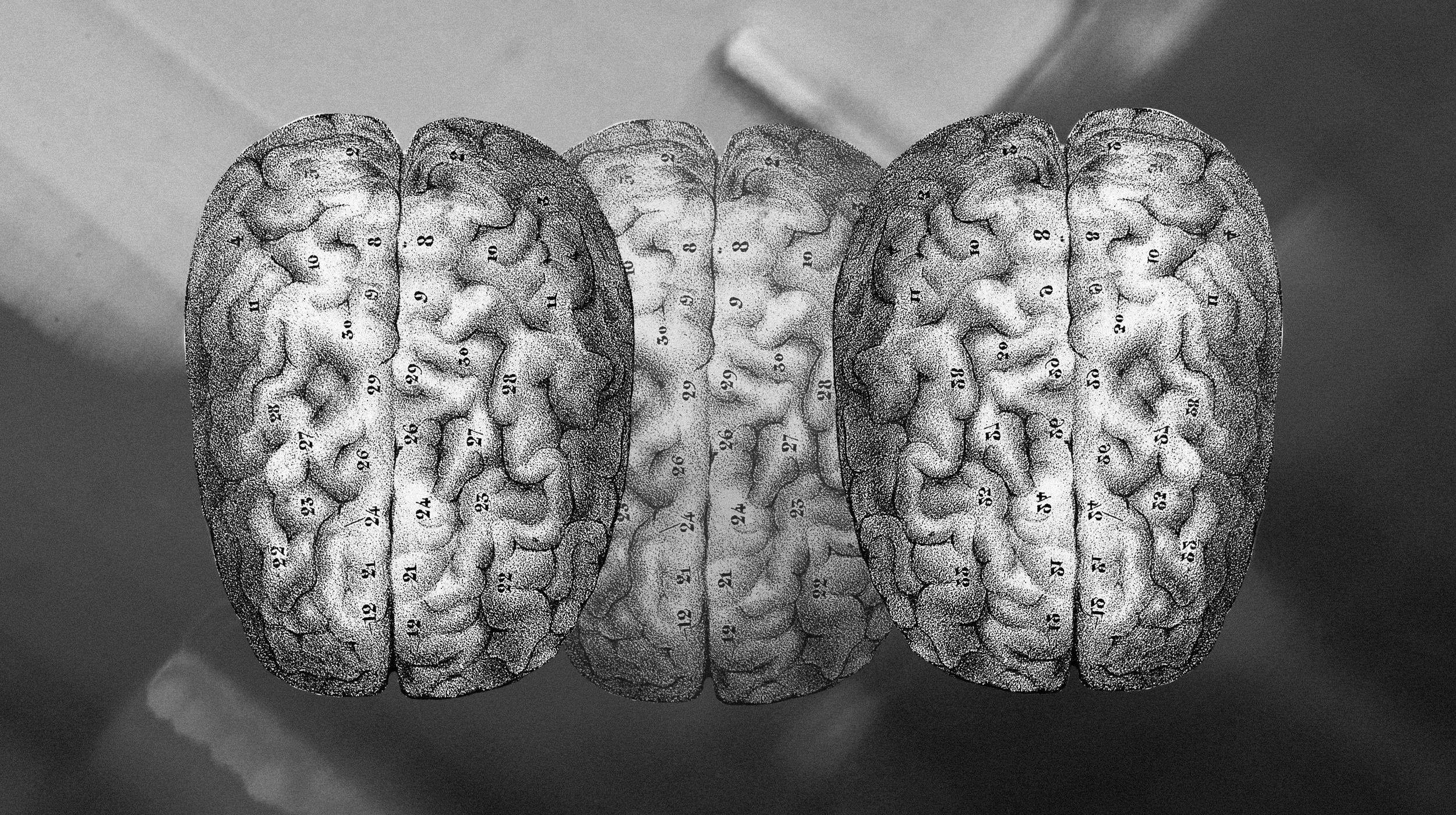Neuropsych
All Stories
Psychologists discover why people participate in scary attractions.
Are you prone to “toxic accumulation”?
The blob that’s astonishing science gets its own exhibit.
Adult recess and other apparently ridiculous activities may be one of the best ways to feel, work, and be better.
In Talking to Strangers, Malcolm Gladwell discusses the concept of coupling.
The results have startling implications about the evolution of psychopathy in humans.
Orgasms don’t always mean a sexual encounter is positive, find psychologists.
When it comes to scientific theory, (or your personal life) be sure to question everything.
▸
5 min
—
with
“On the spectrum from worry to action, parents can choose to act,” a new report states.
When it comes to remembering the kids of your generation, don’t always trust your memory.
Can rock climbing help rocket scientists?
How does gratitude work its mental magic?
Sleep deprivation leads to a shutdown in the production of essential proteins.
The under-recognized condition affects workers in offices across the globe.
Conventional wisdom believes “screen time” disrupts mental development, but research hints at a more complicated relationship between our minds and digital technology.
Glenn Albrecht has ideas about how to cope with the effects of a changing world: Invent a new language.
A new study finds that casually fibbing to children results in lifelong issues.
Polls never reveal who we really are. Google does.
Before you judge someone’s personality based in their playlist, you may want to read the results of this study.
Researchers measured high- and low-adversity participants’ feelings of compassion.
Lengthening daylight isn’t necessarily good news where mental health is concerned.
A study at the University of Oregon puts a longstanding myth to rest.
Most of us can’t imagine wanting absolute control over a nation or feeling compelled to commit mass murders — so then what is it about a dictator’s psychology that makes them different?
Math trauma can follow people beyond grade school to harm their prospects well into adulthood.
The choice of flavor may be up to you, but the number of scoops will depend on your friends.
Most of us have heard of Abraham Maslow and his hierarchy of needs, but Maslow doesn’t have a monopoly on self-actualization.
Most elderly individuals’ brains degrade over time, but some match — or even outperform — younger individuals on cognitive tests.
Repeating lies makes people believe they are true, show studies.
Why would people rate certain names as being more extraverted or more agreeable?





























